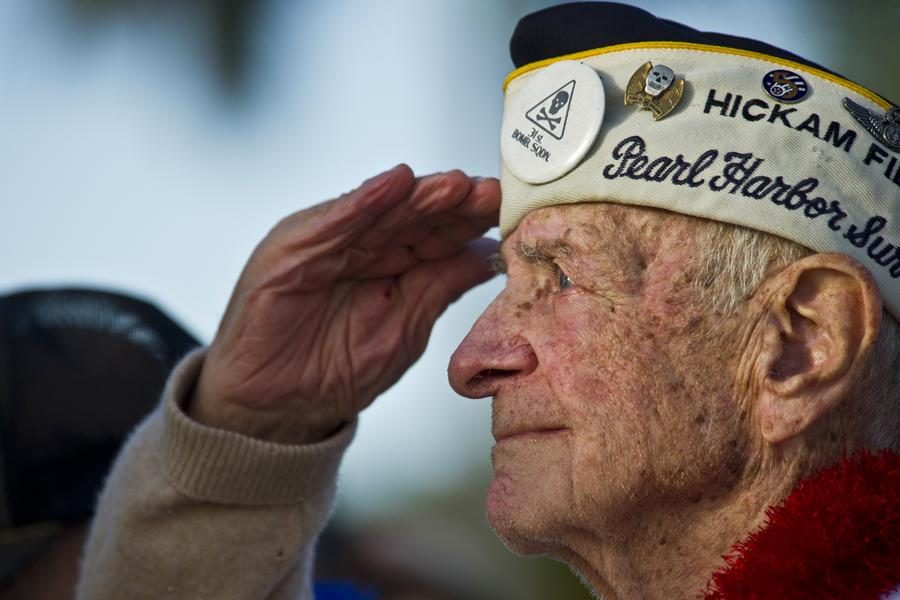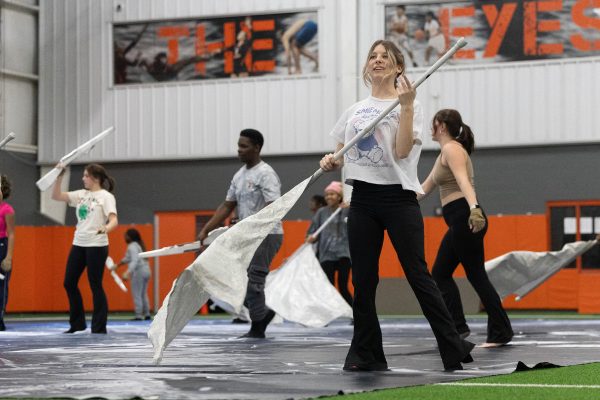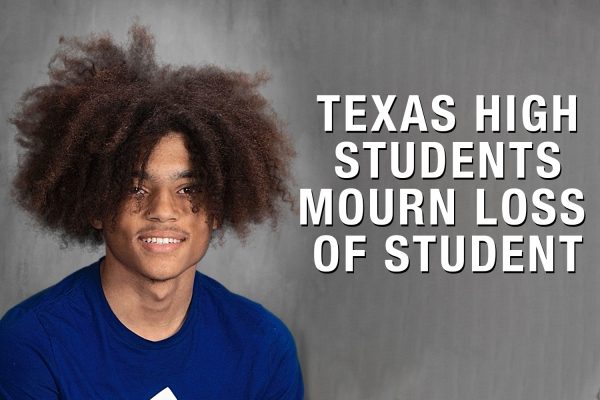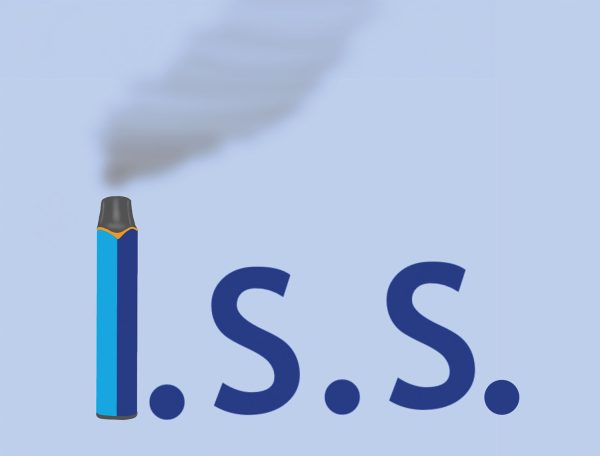Transitions
Veterans’ transition from active duty to residential life not always easy
January 18, 2014
The red.
The white.
The blue.
The black worn by the families who have lost their soldier.
The suicide rates among veterans have reached an all time high. According to CNN, 22 veterans succumb to their depression and end their lives. That is the equivalent of a suicide every hour and one more loved one being taken from someone’s family. These numbers do not even account for the homeless veterans who take their lives or overdose on medication.
Another CNN report stated that between October 2006 and June 2013, 890,000 phone calls were made to the Veterans Crisis Line. A major accompaniment to these suicides, and other traumatic problems faced by veterans, is depression and anxiety.
After speaking to a group of veterans who had survived in wars ranging from Vietnam, Desert Storm, Korea, and other battles, it was discovered that most veterans suffer from long-term post-traumatic stress disorder. Most of these veterans either have or are currently taking medication for depression, anger, and anxiety.
“No matter how many pills they give you, you never get over it,” veteran Jim Smith* said.
Post-traumatic stress disorder, or PTSD, is a condition that can develop after a person has experienced a terrifying situation where a person was physically harmed, or their life was threatened. People who suffer from PTSD usually have intense fears, helplessness, and a feeling of being alone in the world. A study by the Daily Beast shows that nearly 30% of veterans treated by the Veterans Association have PTSD.
Chemistry and Biology teacher Jessica Sharp served in the Air Force for 11 years.
“Depression happens all the time. You’ve got post-traumatic stress disorder, and the people who cannot handle stress will suffer from it,” Sharp said. “But if you have a good support system, including good friends and family, it makes life easier.”
She had to adjust to life coming back. A life without strict guidelines.
“It was a huge transition. One thing I like about a school environment is there [are] still rules and regulations like there is in the military,” Sharp said. “It’s a little less dangerous but just as many rules.”
Another issue veterans have been facing is self-medication. Alcoholism, drug abuse, and the inability to talk about past experiences is a way of dealing with the pain.
“Depression will and has been a major factor in causing nightmares and night terrors,” veteran John Jones* said. “My feeling about nightmares and night terrors is that they are a reminder of something good. They show that you have unfinished business. You can’t just brush off your friend dying in your arms.”
A majority of the veterans spoken to came back from Vietnam, and upon their return did not feel welcomed back home. This treatment aided to the PTSD and trauma that they face today.
“The hardest thing for a Vietnam veteran was not being welcomed back home,” Jones said. “The government didn’t care for us. The people didn’t care for us. We got called cruel names, and we sure couldn’t marry into their families.”
Even after everything these men and women in uniform had seen, the night terrors, the anger, the pain, adjusting back into their family lives, they all said that they would do it again. In a heartbeat.
*These people have chosen to remain anonymous.




















